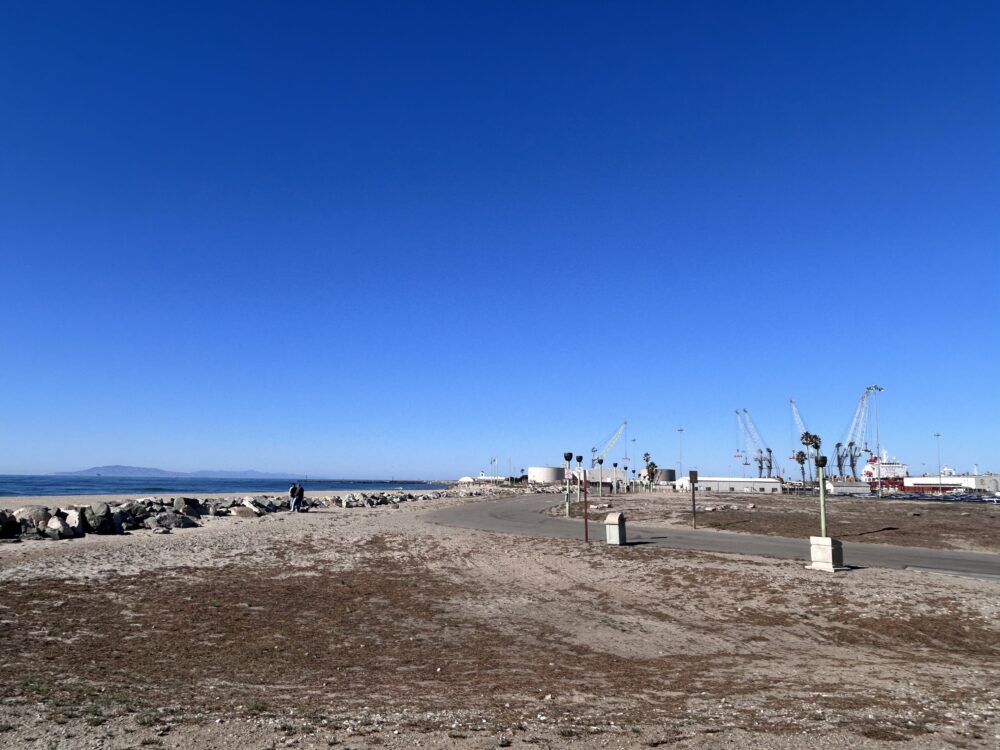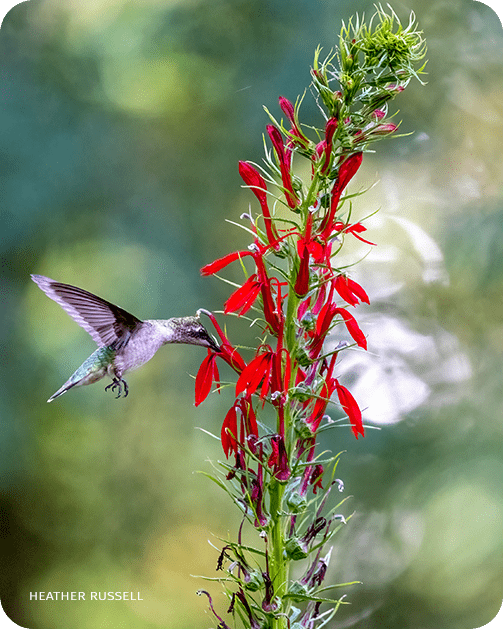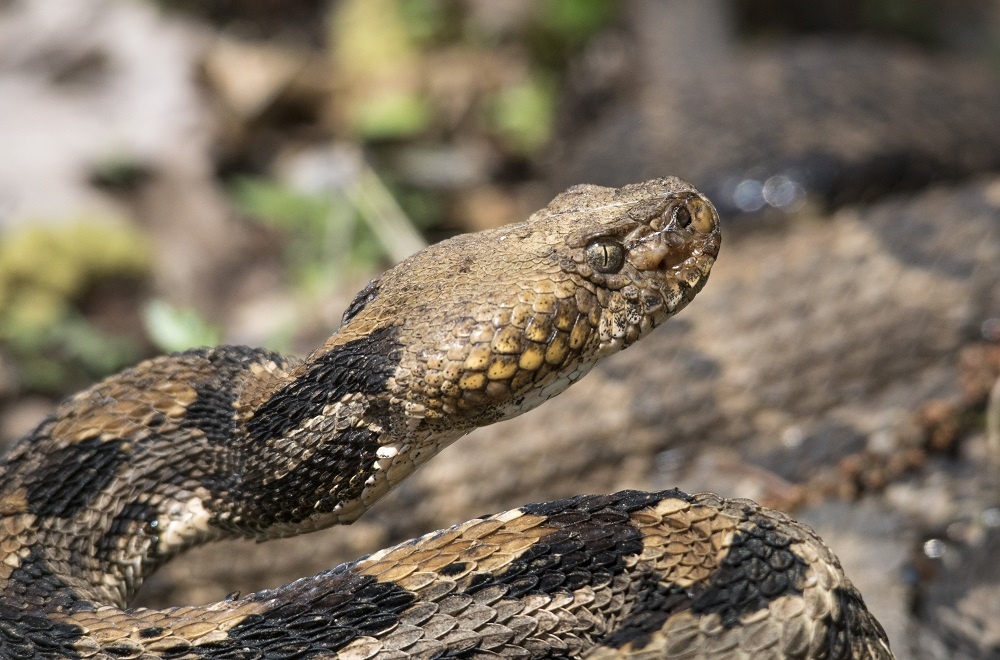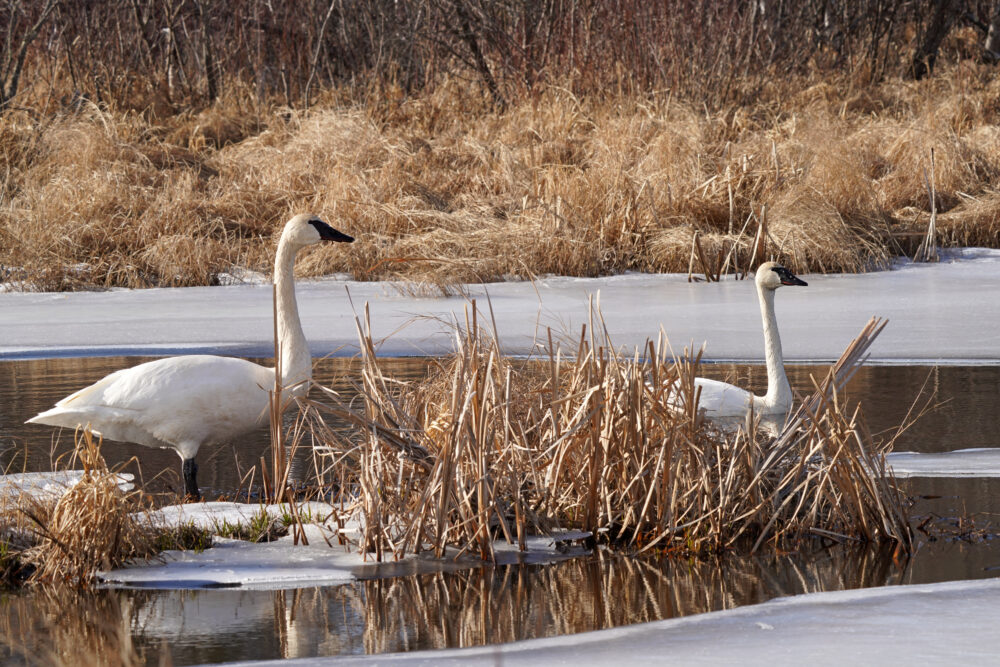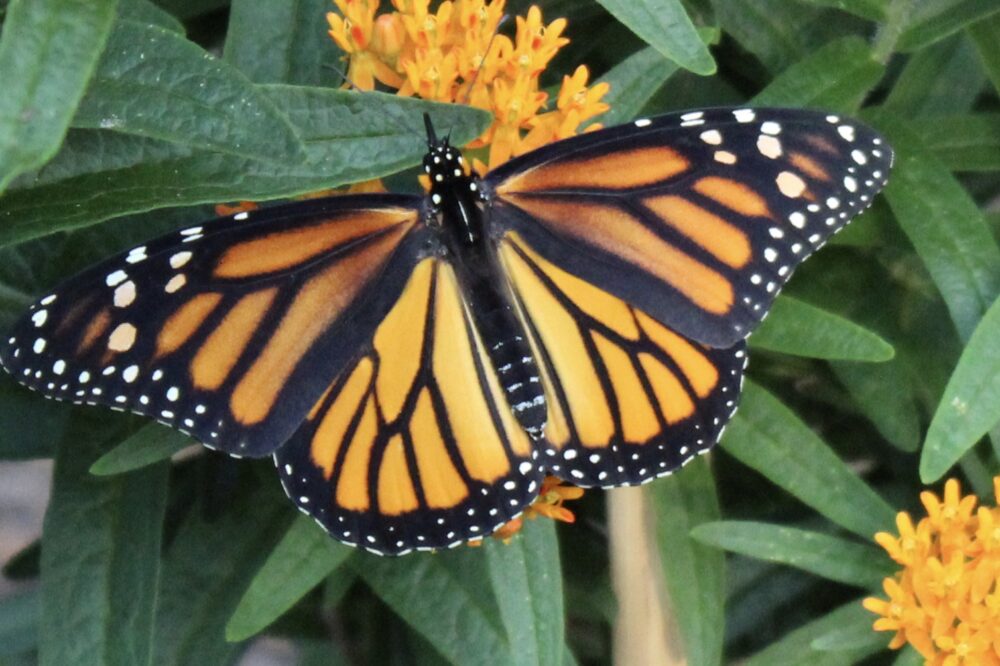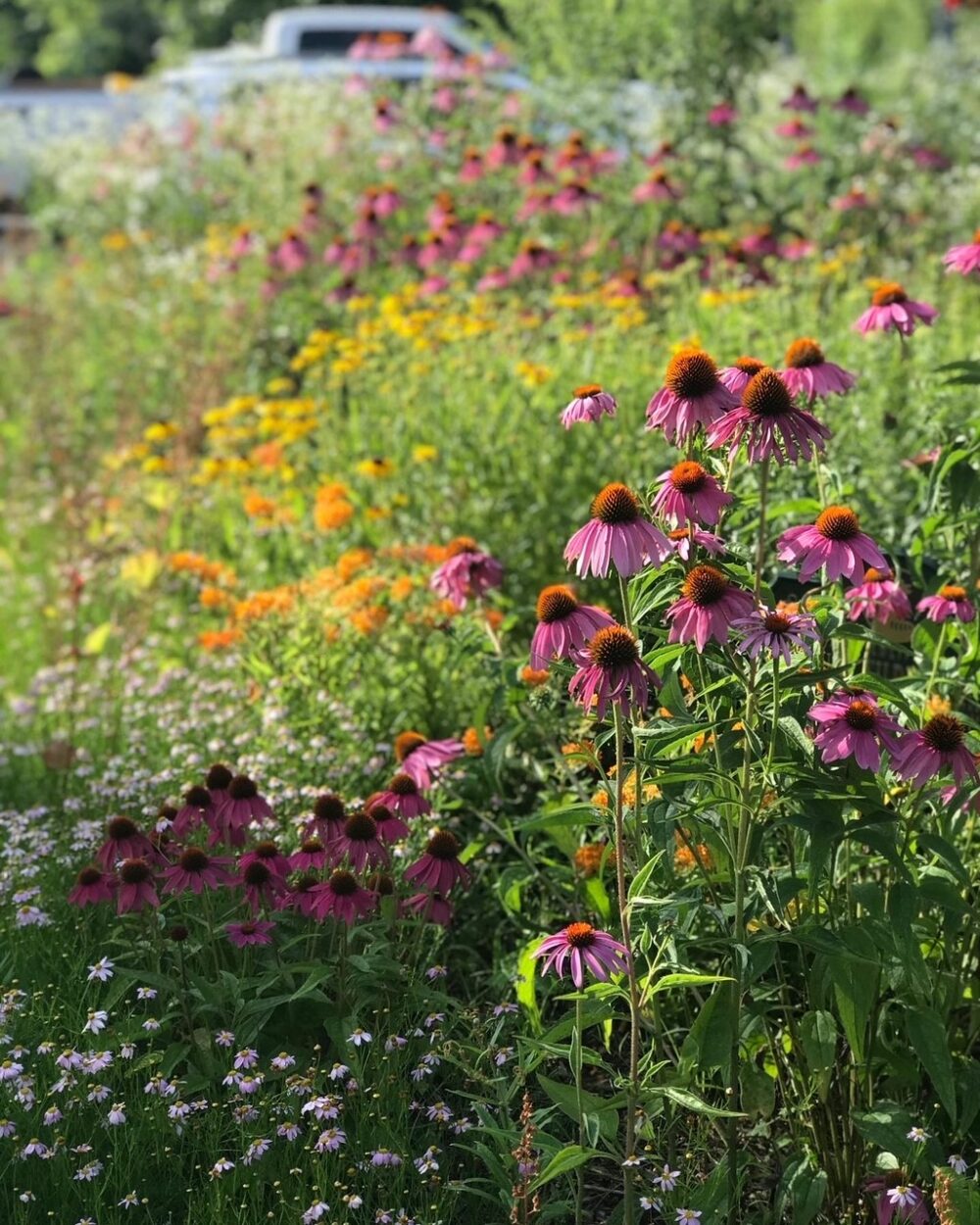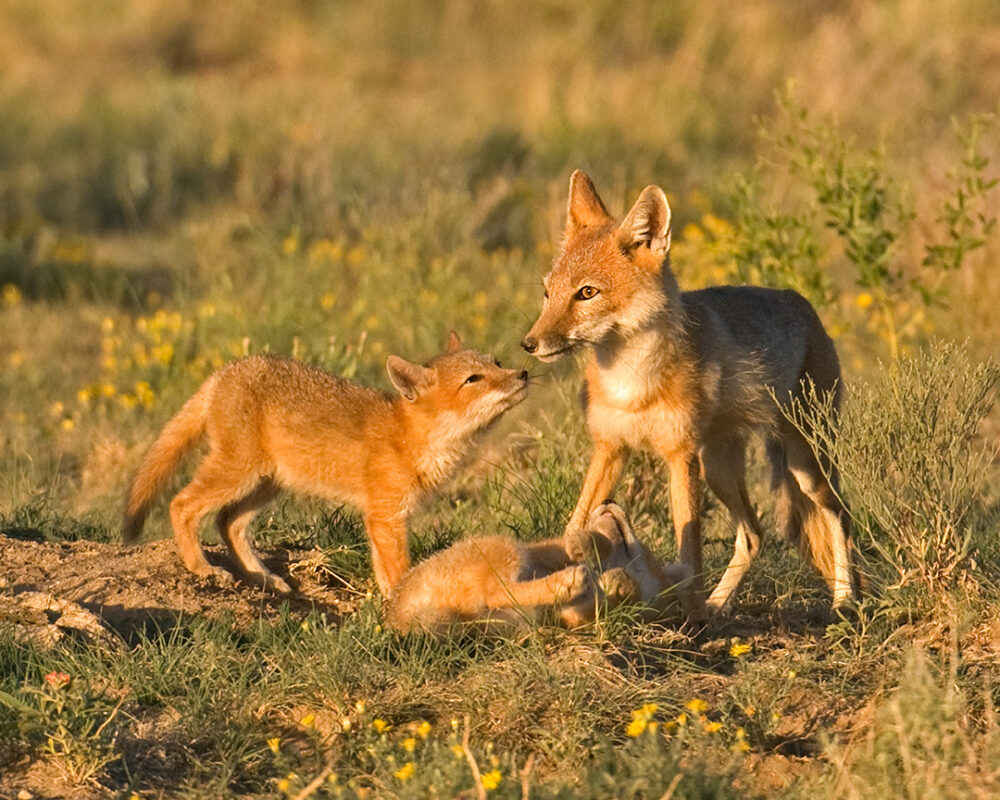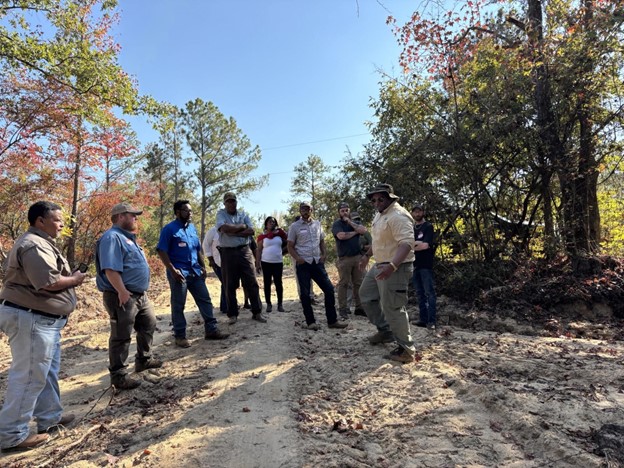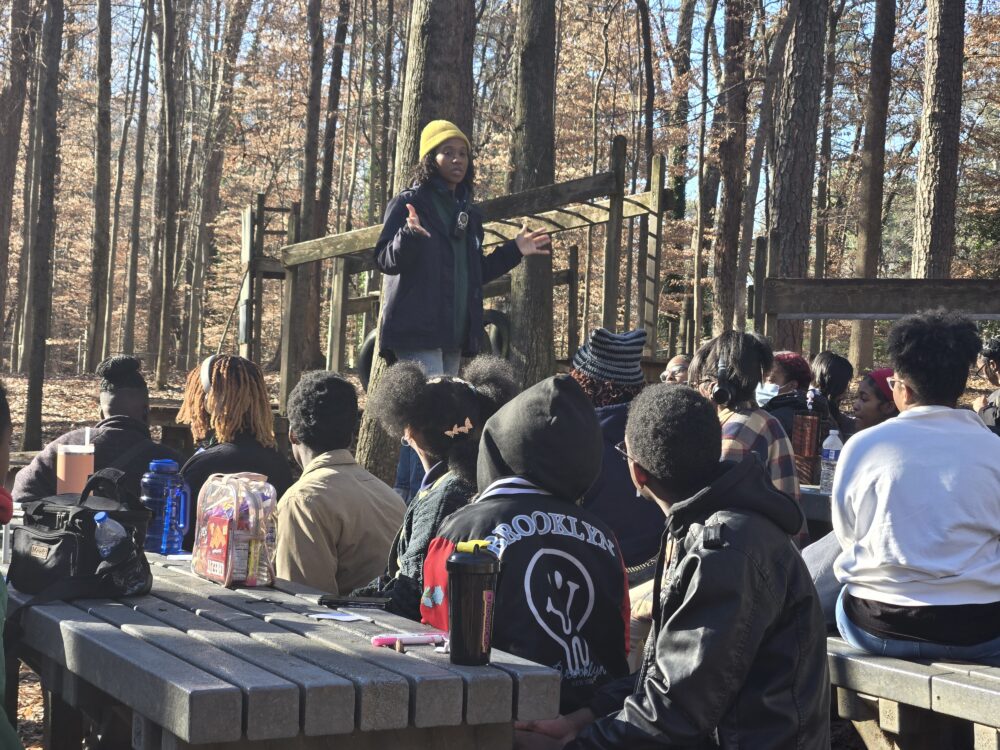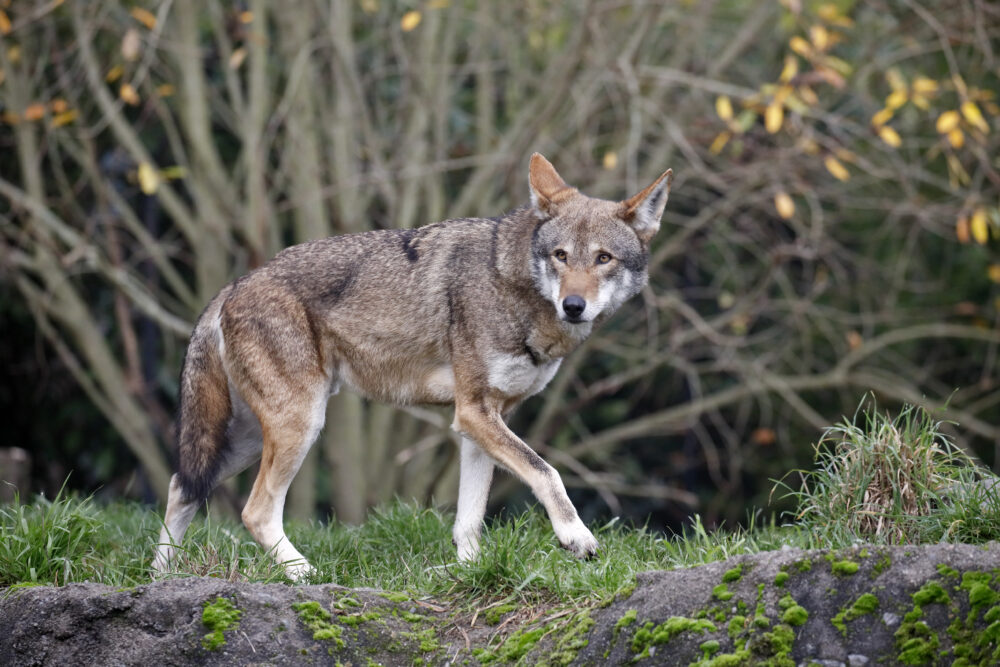We have much more to do and your continued support is needed now more than ever.
Brazil’s Newly Elected President Prioritizes Protecting the Amazon
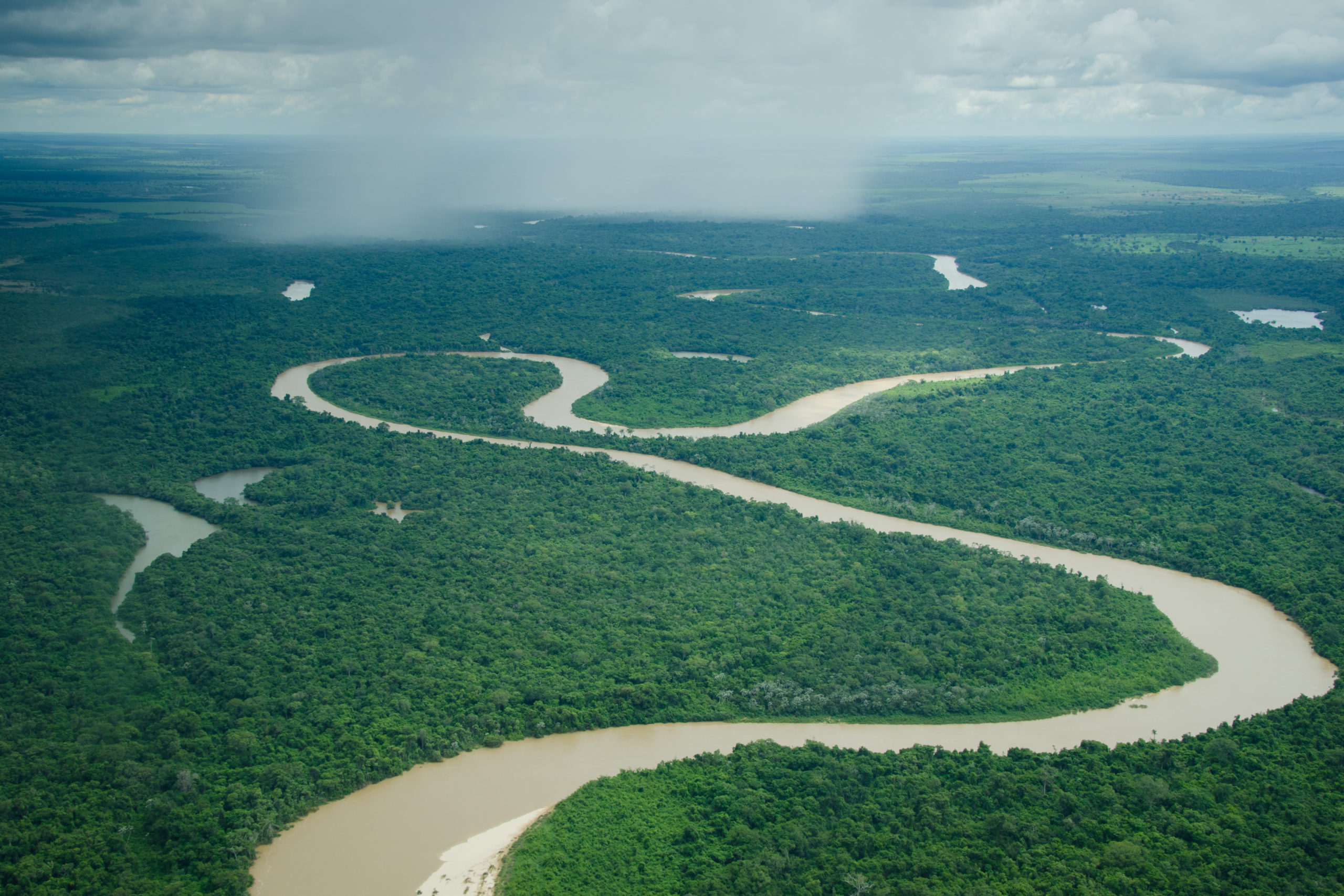
“We will resume monitoring and surveillance of the Amazon, and combat any and all illegal activity – whether it is mining, logging or improper agricultural occupation” – Luiz Inacio Lula da Silva, newly elected President of Brazil
Brazil has elected Luiz Inácio Lula da Silva to be the country’s president for the third time. He defeated the incumbent president Jair Bolsonaro in a tight race. The results show a divided country with 50.9% of the votes for Lula, and Bolsonaro with 49.1%. Although half of the population is disappointed with the result, the other half of Brazilians and many other people in the world (especially those concerned with the Amazon) celebrate, since Lula has pledged to defend the forest, support marginalized communities, protect Indigenous rights, and grow the economy sustainably.
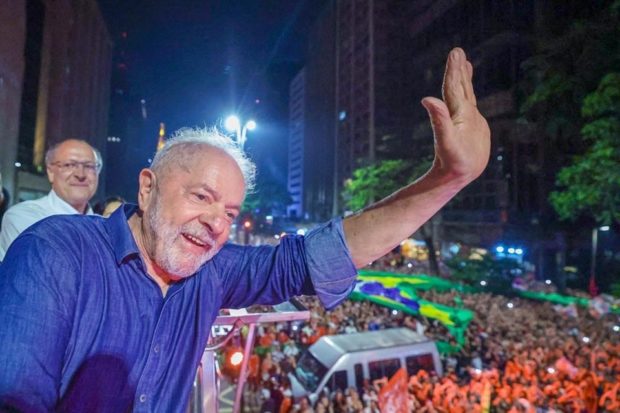
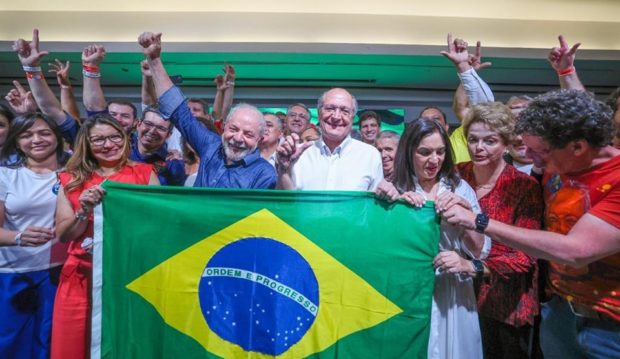
Lula, who was Brazil’s president from 2003 to 2010, said that he intends to unite the country and govern for all, not only for those who voted for him. During his victory speech this Sunday, which gathered around 58 thousand people in the streets of São Paulo, he said that Brazil is ready to fight against the climate crisis, protecting all their biomes, especially the Amazon Forest. “We will resume monitoring and surveillance of the Amazon, and combat any and all illegal activity – whether it is mining, logging, or improper agricultural occupation”, said Lula. On Twitter, he added: “In our government, we were able to reduce deforestation in the Amazon by 80%. Now, let’s fight for zero deforestation.”
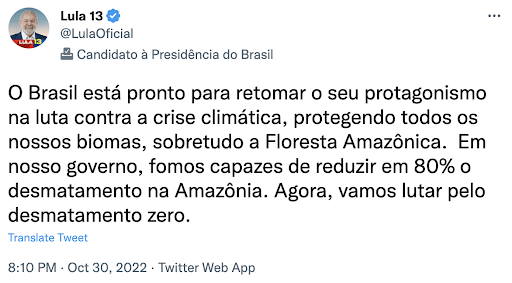
Commitments to the Environment and Forest Communities
In a letter released three days before the elections, his campaign lists 13 main proposals to support Brazilian democracy. The two first goals are related to investing in economic and social development. The third one describes his commitment to the environment and forest communities. He intends to create the Original Peoples Ministry and revoke regulatory measures contrary to the rights of Indigenous and Original Peoples. “We are going to end illegal mining in indigenous lands,” says the letter.
During the victory speech, he declared, “A river with clean waters is worth much more than all the gold extracted using the mercury that kills fauna and puts human life at risk. When an indigenous child is murdered by the greed of the predators of the environment, a part of humanity dies with the child.[…] We are going to promote the sustainable development of the communities who live in the Amazon. We will prove once again that it is possible to generate wealth without destroying the environment”.
“We have seen what Brazil can do with strong leadership, and we look forward to learning more about plans for addressing deforestation and the rights of Indigenous Peoples and vulnerable communities. Having worked with many Brazilian experts in the past, we are convinced that they have the knowledge and tools to support sustainable agriculture and to end commodity-driven deforestation,” said Barbara Bramble, NWF’s Vice President for International Conservation and Corporate Strategies.
Deforestation in the Amazon
During the four years of Bolsonaro’s presidency, deforestation increased in all Brazilian biomes, but especially in the Amazon, concludes the comprehensive study by Mapbiomas. In 2021, “only in the Amazon, 111.6 hectares were deforested per hour or 1.9 hectare per minute, adding up to around 18 trees per second”, states the study. In 2019, the first year of Bolsonaro’s government, the fires that destroyed large areas of the Amazon and spread its smoke across the continent caught the attention of the entire world. Fires are not natural in tropical humid forests; they happen in the Amazon because farmers cut the forest and set the dried logs on fire to help clear the land for other purposes, such as agriculture and cattle raising.
In the last four years, Bolsonaro decreased the budget of environmental agencies and curtailed law enforcement, hence the increase in deforestation — those cutting the forest illegally lost the fear of being punished. The Mapbiomas study details the decreased extent of enforcement: “actions carried out by the environmental control bodies to contain illegal deforestation show that the IBAMA e ICMBio (Brazil’s environmental agencies) embargoes and notices up until May 2022 reached only 2.4% of deforestation and 10.5% of the deforested area identified between 2019 and 2021.”
The graph below, with data from Brazil’s National Institute for Space Research (Inpe), shows the levels of deforestation in Brazil ranging from before Lula’s first term in 2003 and the current Bolsonaro era.
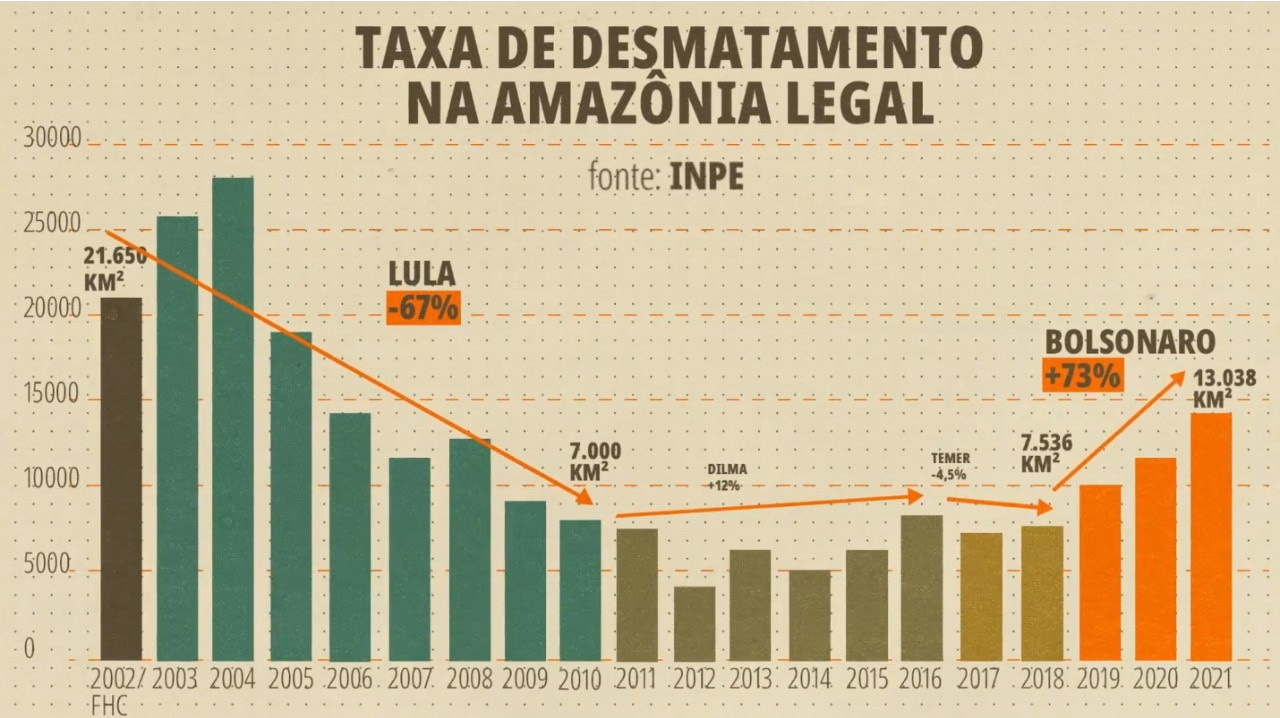
A recent Carbon Brief analysis found that, if Lula’s pledges are met, deforestation in the Amazon could fall by 89% over the next decade.
In 2003, when Lula assumed the presidency of Brazil for the first time, he inherited rising deforestation rates from the previous administration. The numbers continued to rise, peaking in 2005, and from then the total deforested area reduced year after year, with the total deforestation rates reducing by 67% during his two terms. Marina Silva, his Environmental Minister between 2003 and 2008, had an important role in these results.
Shortly after she became minister, Marina facilitated the creation of a working group involving several government agencies and, in 2004, released The Action Plan for the Prevention and Control of Deforestation in the Legal Amazon (PPCDAm – acronym in Portuguese). The plan focused on three main areas: land use and territorial planning; monitoring and enforcement; and promotion of productive and sustainable activities. The collective effort worked, and those years saw a sharp decline in deforestation rates.
Marina and NWF’s Barbara Bramble have collaborated with each other for decades, since working with Marina’s mentor, the legendary rubber tapper leader Chico Mendes, who led peaceful protests against loggers and was assassinated in 1988. Marina also joined NWF’s COP25 delegation in Madrid in 2019, where we were honored to participate with her in panels showcasing her efforts to conserve forests, fight poverty, and protect Indigenous lands and rights.
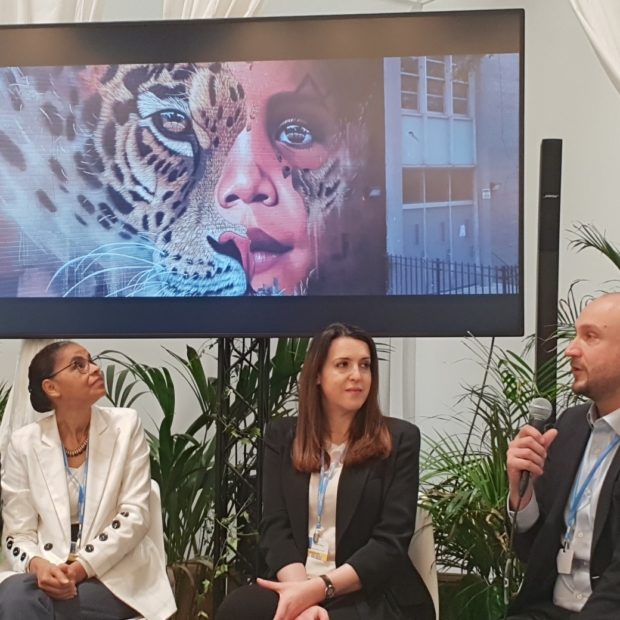
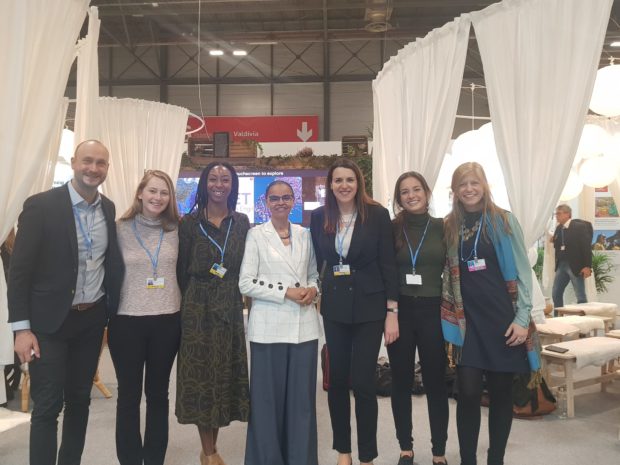
In his letter for the Brazil of tomorrow, Lula announced: “We are going to build a sustainable Brazil. Brazil has the potential to be a great environmental power. For that, we need to take advantage of the creative bioeconomy and of the social-biodiverse enterprises”. Lula is 77 years old and assumes his role as Brazil’s president on January 1st, 2023.

